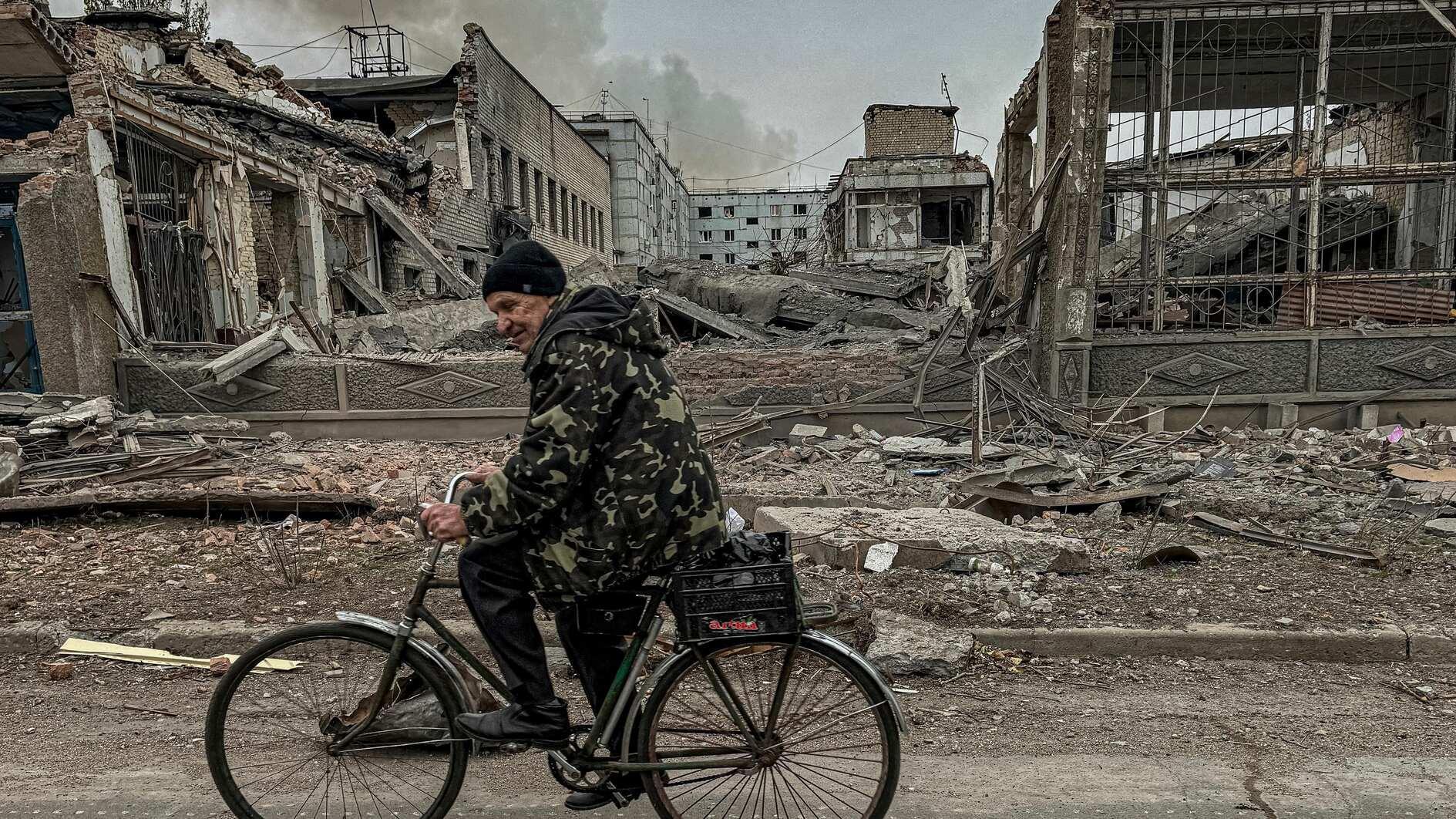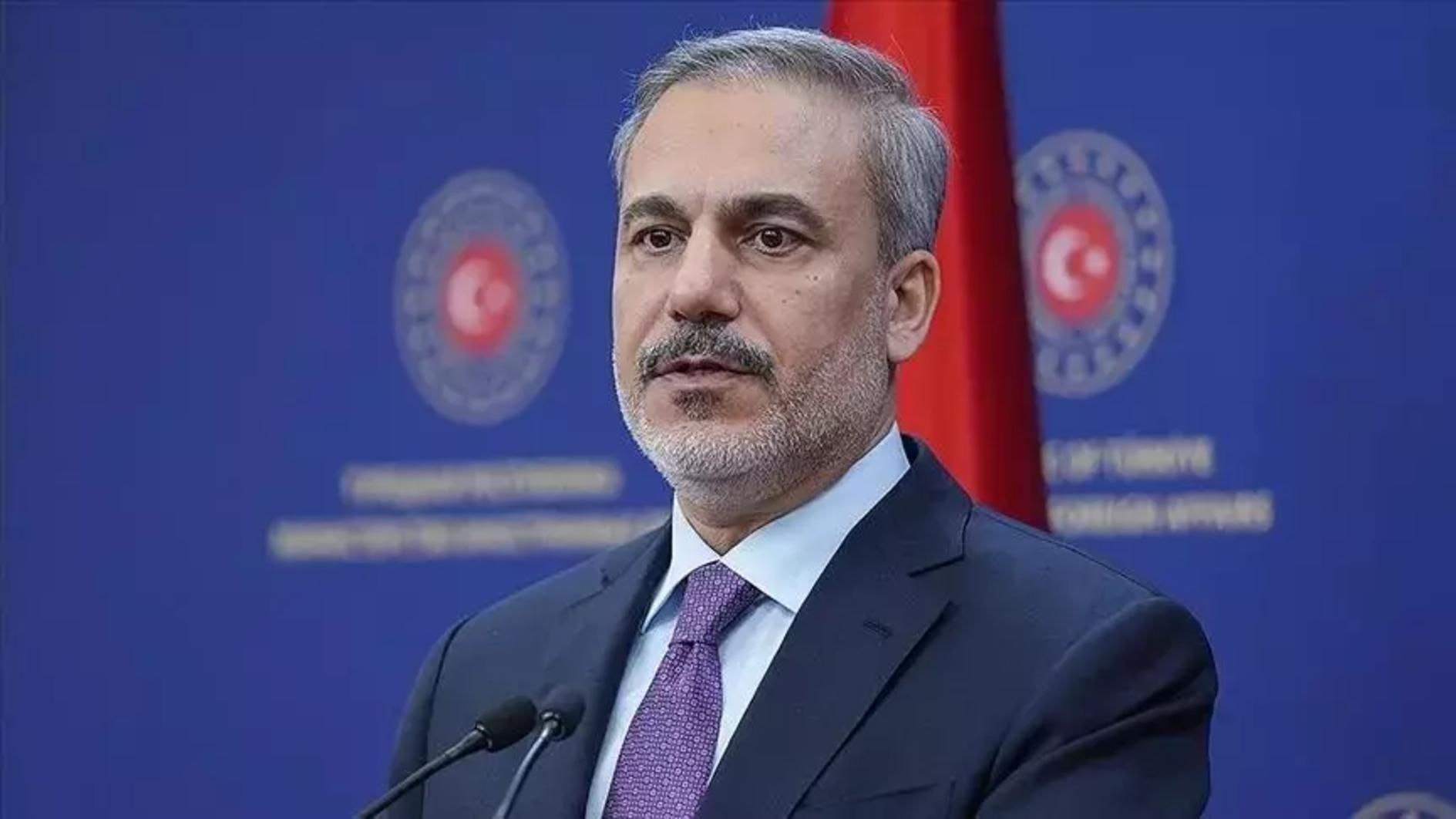Westphalian principles remembered
Why did Russia, along with China, veto on Saturday a United Nations resolution that backed an Arab plan calling on Syrian President Bashar al-Assad to quit? Was it because Russia and China acted in “hypocrisy,” demonstrating the priority they give to their own interests? Or was it because those two permanent members of the Security Council remembered something problematic about a “yes” vote on such resolutions that infringe on the internal affairs of a U.N.-member state – something they did not consider so seriously during the Libya resolution? Or both?
No one can turn a blind eye to Russian arms sales – which are apparently still continuing – to Syria. Yet, I do not think it would be correct to belittle the Russian or the Chinese veto due to those countries’ placing of priority on their ties with the Bashar al-Assad regime… To a certain extent, these two countries were probably frustrated seeing the Arab initiatives regarding Syria falling hostage to Western designs. Yet, Russia’s decision was most probably especially shaped by the frustration with the post-Soviet unipolar global order that brushed aside the so-called Westphalian principles in international relations.
Since the 1648 treaties that are often simply referred to as the “Westphalia Peace,” three top principles guiding relations between states and thus diplomacy for the past 350 years or so have been “respect for sovereignty,” “sanctity of borders” and “non-interference in internal affairs.”
Syria is not a democracy. Is any of the eight Arab sponsors of the Russia-vetoed Security Council resolution more democratic than the Syria the resolution would help transform toward democracy? Was Syrian U.N. envoy Bashar Ja’afari wrong in lamenting that nations “that prevent women from attending a soccer match” had no right to preach democracy to Syria?
Syria is a police state. That is no news for everyone. Syria has been one of the rough states of the world. The Syrian regime has been collaborating with terrorism, or has been using terrorism as a foreign policy and defense tool. That has been the case all through the past many decades and – leaving aside the recent Lebanese example – Turks know this disgusting facet of the Syrian regime far better than anyone else.
Why did Israeli Vice Premier Moshe Ya’alon say the fall of Syrian President Bashar al-Assad’s regime could “break the axis of evil with Iran and Hezbollah?” Why is the Western “alliance of the willing” trying to promote democracy and the well-being of the Syrian people? Or has it been orchestrating a “transformation” in Syria and elsewhere in the region in a manner that would serve its best interests – including the consolidation of the defense of Israel by opening a serious hole in the forward defense lines of Iran – with the help of covert and overt agents, ample cash and the collaboration of greedy and power-hungry local souls?
Lastly, remembering the Libya example and how NATO helped “rebels” take over the country, the tragedy orchestrated in Homs just before the Security Council voting probably backfired and forced Russia to press even more to avoid taking sides in a civil war while the Council should also be issuing demands to the armed opposition, not just to the regime.











